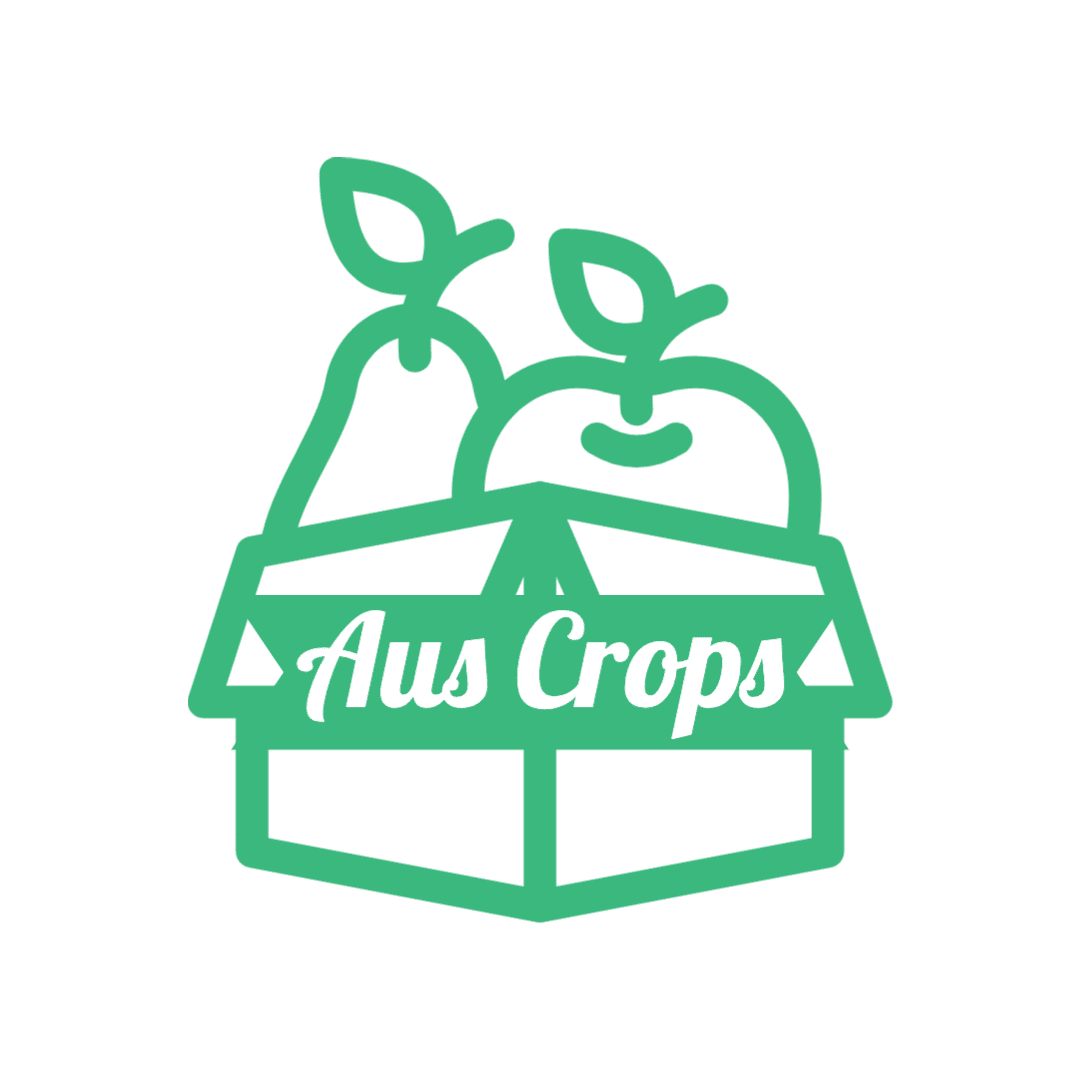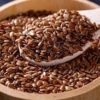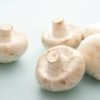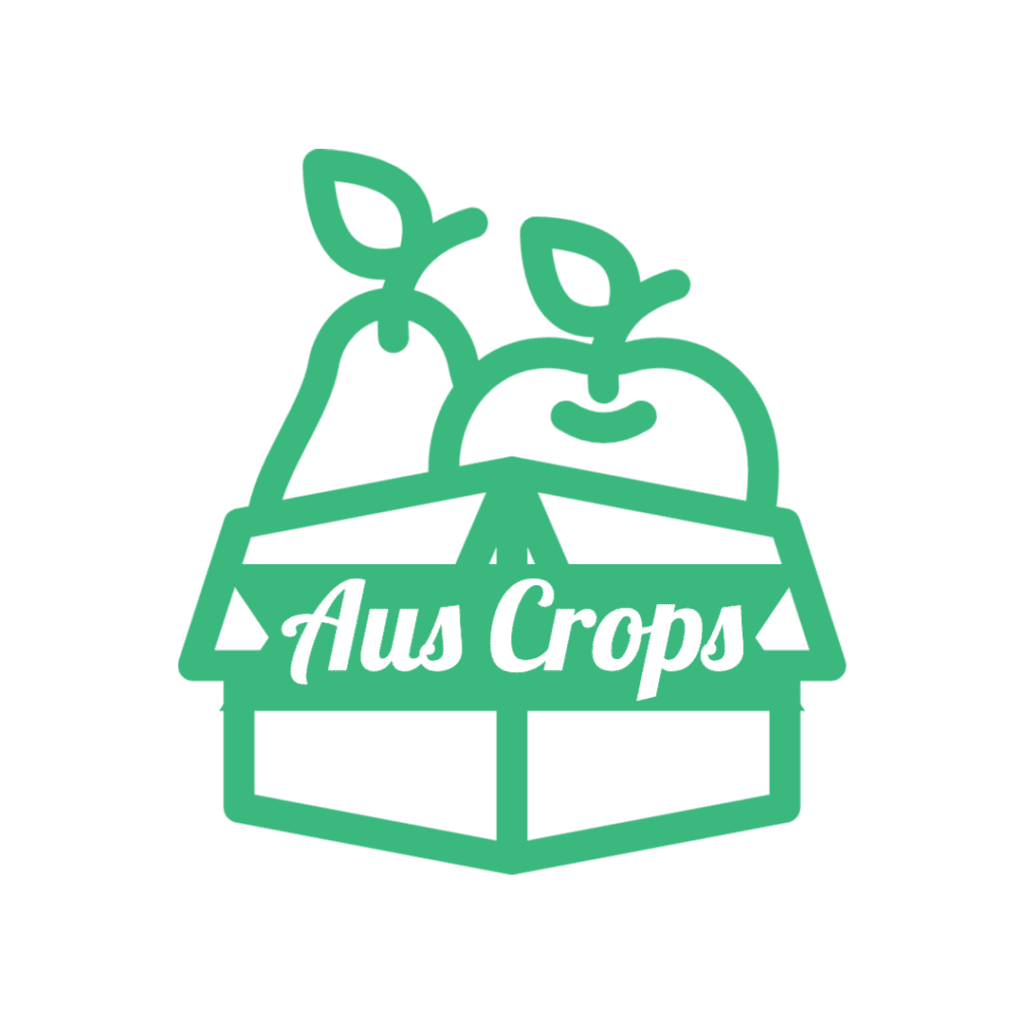No products in the cart.
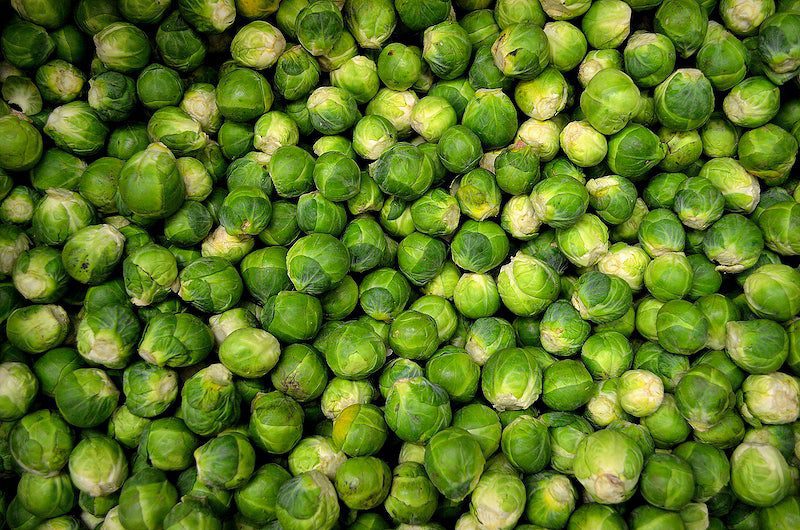
Firstly, introducing Auscrops, a wonderful market vending company bridging farmers and customers together through market vendors. Click here to find more about Auscrops and recycle smart techniques as well fruit and vegetable offers.
Recycle Smart
Many of us want to do our part when it comes to recycling, but sometimes it can be difficult to know where to start. What can be recycled? What can’t? What’s the difference between recyclable materials and compostable materials?
In this blog post, we’ll answer some common questions about recycling so that you can recycle smart and do your part!
What Can Be Recycled?
The first step to recycling smart is to understand what materials can actually be recycled. While many items can technically be recycled, not all of them are worth the time and effort. For example, most types of glass can be recycled, but clear glass is the only type that is worth recycling from a financial standpoint.Why? The other types of glass (colored or mirrored) are made with different chemicals that make them more difficult to recycle. As a result, it costs more money to recycle them, so recycling plants are less likely to accept them.
The same goes for plastic. All types of plastic can technically be recycled, but only certain types are worth the effort. The two most common types of recyclable plastic are PET (which is typically used for water bottles) and HDPE (which is used for milk jugs and detergent bottles). These plastics are easier to recycle because they can be turned into new products without being downcycled first.
What Can’t Be Recycled?
Now that we’ve gone over what can be recycled, let’s talk about what cannot. While there are many items that cannot be recycled, there are three main types of materials that people often mistakenly try to put in their recycling bins: food waste, hazardous waste, and electronics.
Food waste includes any type of food or food packaging that has come into contact with food, such as takeout containers or plates with food scraps still on them. Hazardous waste includes things like batteries, lightbulbs, or cleaning products. Electronics include items like computers, cell phones, or TVs.
While it may seem easy enough to just throw all of your trash into one bin and call it a day, doing so can actually contaminate an entire load of recyclables and cause it to go to waste. So when in doubt, throw it out! Better safe than sorry.
Recycle Smart Conclusion:
We hope you found this blog post helpful in understanding what can and cannot be recycled. Remember, when in doubt, throw it out! Reducing waste starts at home, so do your part by recycling smart.
Click here to read similar articles.
 Français
Français 